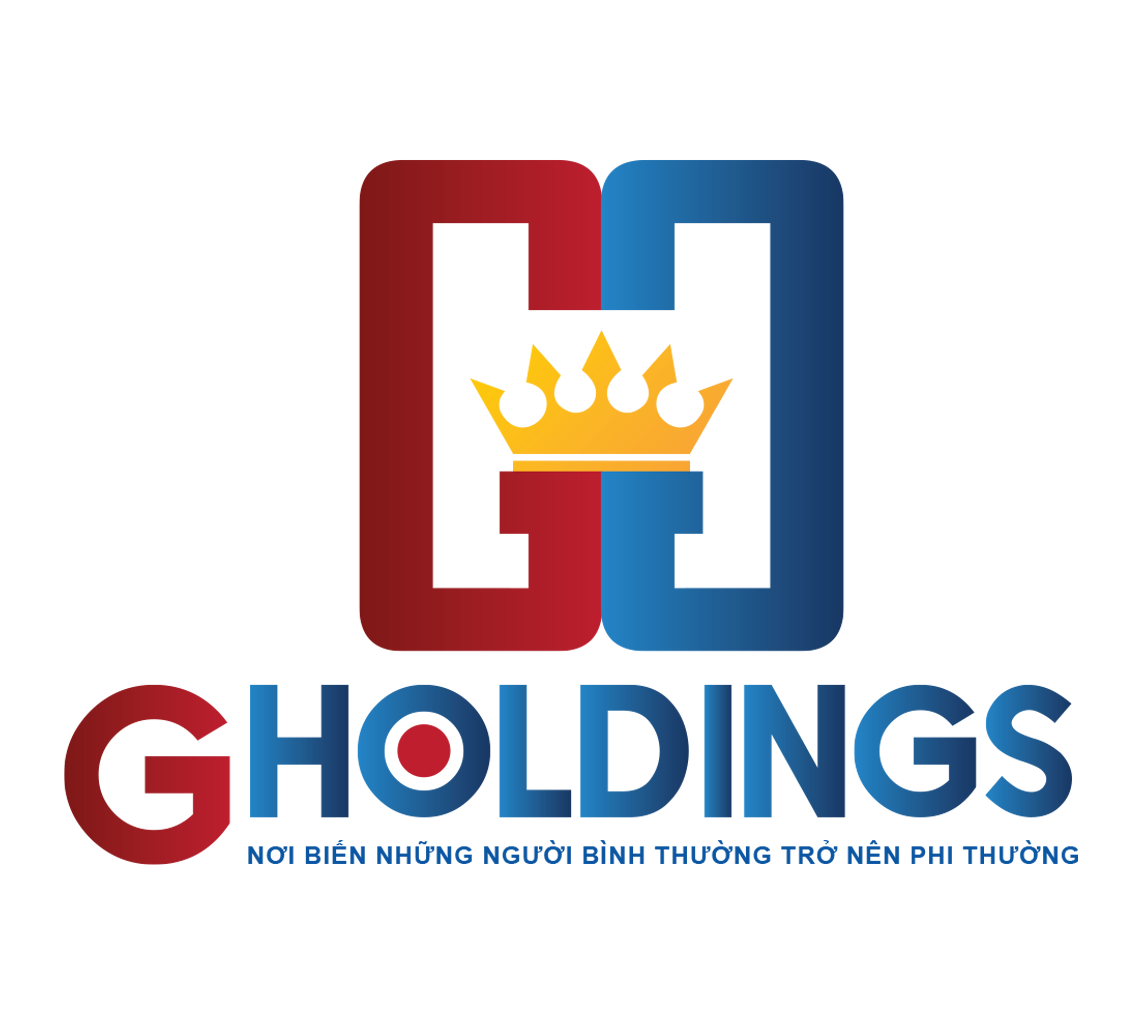Boards experience 3 primary functions: to establish policy, help to make significant and strategic decisions, and oversee the organization’s activity. Effective implementation of policies facilitates boards function more efficiently — they’re able to concentrate on high level concerns and keep the everyday management to management. Planks that infringe upon control duties and responsibilities risk upsetting a framework created to help them both equally work together designed for the benefit of the organisation.
Hiring and supervising senior supervision: the panel vets, chooses, and collaboratively works with the basic boards functions chief executive to meet you can actually short- and long-term goals. Planks are also responsible for monitoring the financial efficiency of the business and making sure it is currently being managed responsibly.
Establishing, critiquing and bringing up-to-date corporate policies: Planks have a vital part to play inside the development of corporate policies – which include areas like mother board conduct, legal matters, community benefit, conflict with client positions and CEO evaluation. The board is liable for setting the complete direction intended for the company, and making sure its actions are in keeping with its mission and areas.
Facilitating an organized plan: Planks are responsible for establishing a complete, long-term policy for the organization. This can include setting direction, determining priorities and pondering critical issues. This process is often aided by the use of a strategic planning adviser.
Once the strategic plan was written, the Board’s purpose is to validate the recommendation — bringing in gurus or utilizing their own understanding to validate inputs, assumptions, conclusions and direction.
